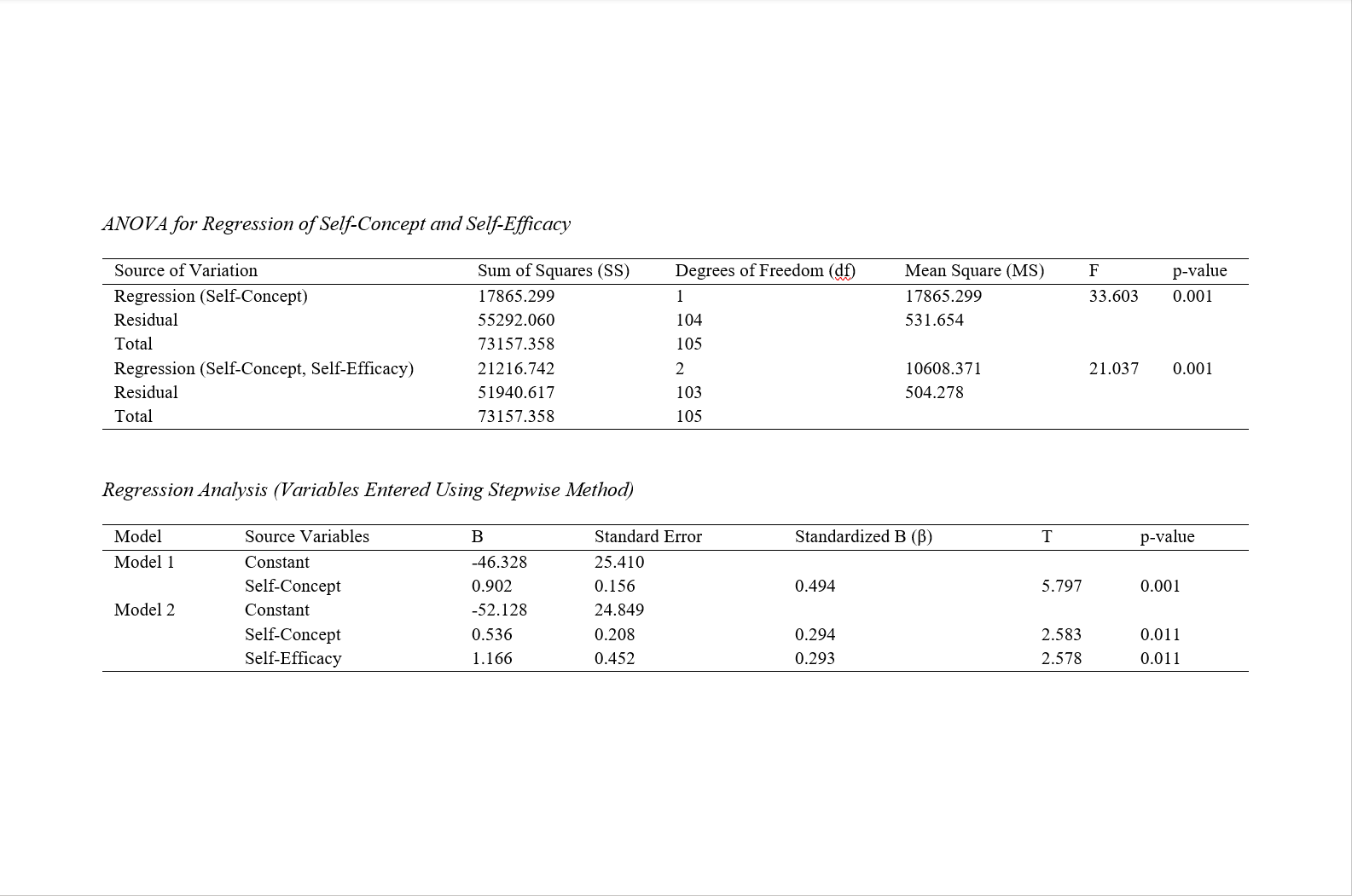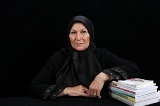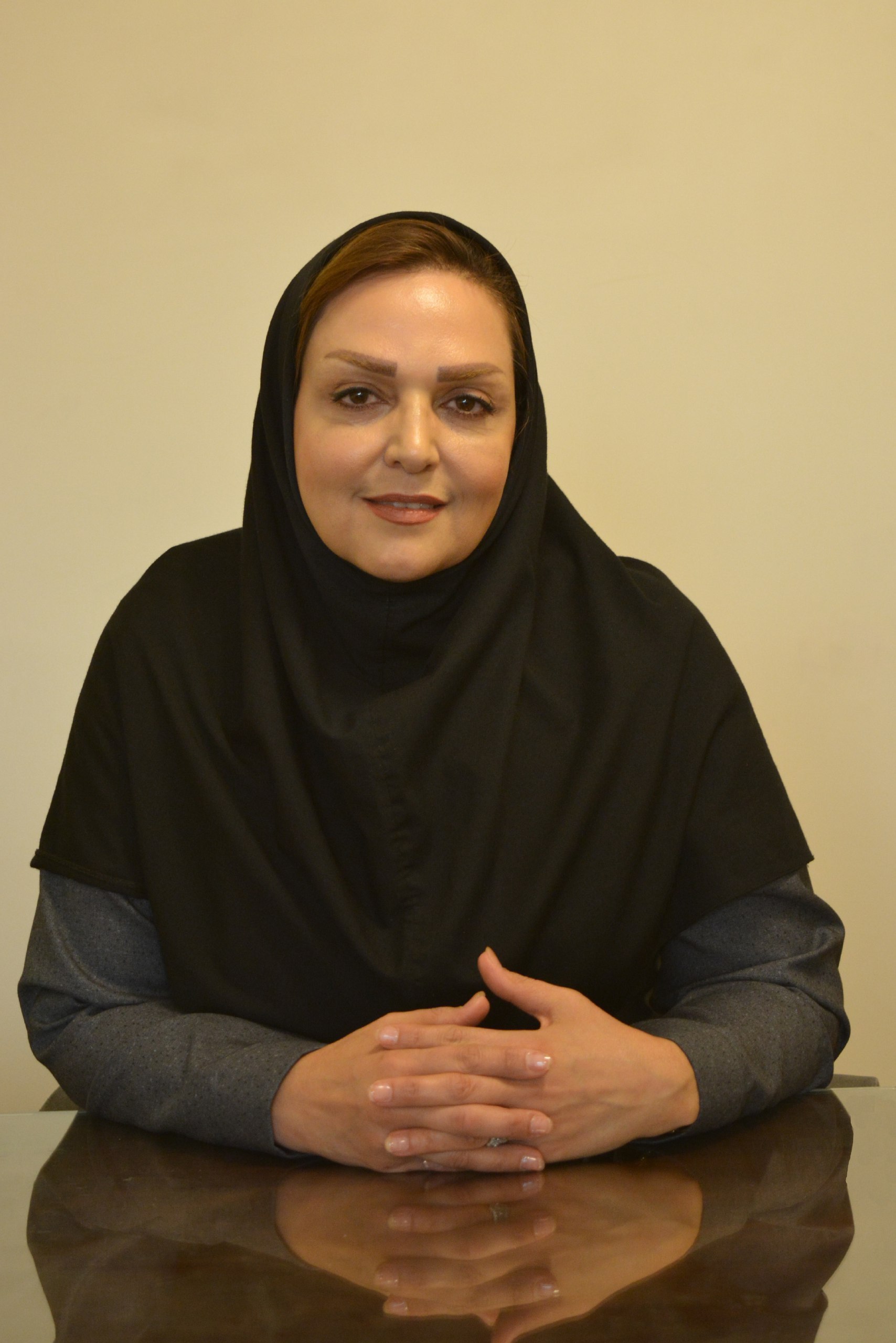Predicting Marital Adjustment and Quality of Life Based on Self-Concept and Self-Efficacy in Women Seeking Cosmetic Surgery
Keywords:
Self-Concept, Self-Efficacy, Marital Adjustment, Quality of LifeAbstract
Objective: The objective of this study was to investigate the predictive roles of self-concept and self-efficacy on marital adjustment and quality of life in women seeking cosmetic surgery.
Methods and Materials: This descriptive-correlational study utilized a regression analysis method. The statistical population included women seeking cosmetic surgery who visited clinics in Tehran during the first half of 2024. A sample of 106 participants was selected using purposive sampling based on inclusion criteria such as age (20–50 years), absence of psychiatric medication use, and no concurrent psychological interventions. Data collection tools included the Spanier Dyadic Adjustment Scale (1986), the WHOQOL-BREF (1996), the Saraswat Self-Concept Questionnaire (1981), and the Sherer and Adams Self-Efficacy Scale (1982). Data were analyzed using Pearson correlation and stepwise multiple regression analysis in SPSS 26.
Findings: Results showed a significant and positive linear relationship between self-concept, self-efficacy, marital adjustment, and quality of life (p < 0.01). Self-concept alone explained 23.7% of the variance in marital adjustment, and adding self-efficacy increased the variance explained to 27.6%. Both self-concept and self-efficacy emerged as significant predictors of marital adjustment.
Conclusion: Women with higher self-concept and self-efficacy levels experience better marital adjustment and quality of life. The findings highlight the importance of developing educational and counseling programs to enhance self-concept and self-efficacy in women considering cosmetic surgery, as these factors are crucial for marital satisfaction and overall well-being.
Downloads

Downloads
Additional Files
Published
Submitted
Revised
Accepted
Issue
Section
License
Copyright (c) 2024 Sharareh Majedi (Author); Mahnaz Majidi (Corresponding Author)

This work is licensed under a Creative Commons Attribution-NonCommercial 4.0 International License.
















